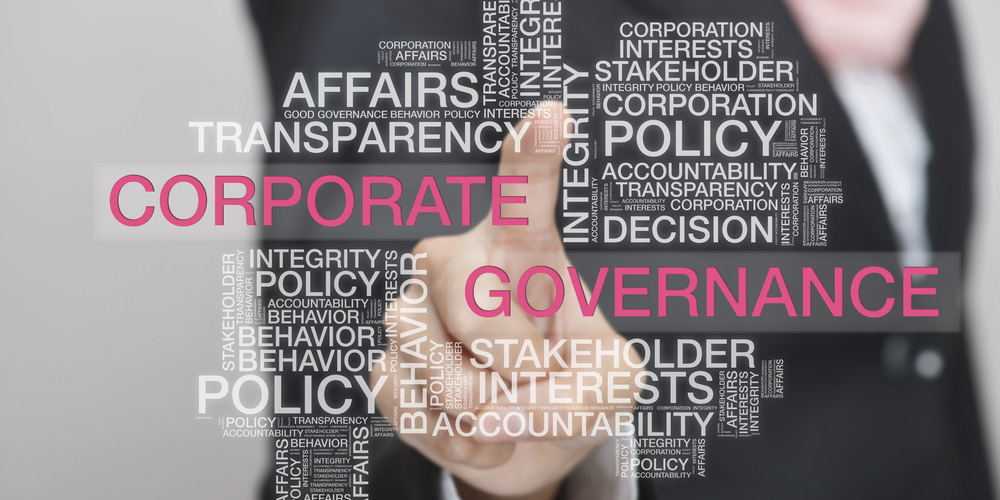Sustainable Expectations: how the ESG investment agenda is shifting
Sun 22 Jul 2018
Investors are placing environmental, social and governance issues at the top of their agendas, and they expect companies to do the same. They are increasingly looking for companies that have adjusted the balance between short and long-term value creation to develop strategies that lean toward sustainable outcomes and provide societal good.
US investment house BlackRock has been taking a lead in this area, their CEO, Larry Fink, has written to companies reminding them that he sees his firm’s responsibility to engage and vote with them as more important than ever. He wrote “companies must benefit all of their stakeholders, including shareholders, employees, customers and the communities in which they operate.”
Quarterly reporting, activist shareholders and the immediacy of investor demands can combine to force directors to take decisions that, while giving a quick response to an immediate issue, might have longer-lasting consequences.
Much of this comes down to good stewardship. In the UK, the Financial Reporting Council’s Stewardship Code, first published in 2012, sets out how stewardship aims to promote the long-term success of companies so that the ultimate providers of capital—the investors—also prosper. The primary responsibility for stewardship rests with the company board, but investors also play an important role in holding the board to account over the fulfilment of its responsibilities. However, the code is directed in the first instance at institutional investors. They are expected to do more than vote; those that sign up to the code commit to meaningful engagement with companies over matters such as strategy, performance, risk, capital structure and corporate governance.
Last year, the Organisation for Economic Cooperation and Development (OECD) published an in-depth review of responsible business conduct for institutional investors, setting out key considerations for due diligence under the OECD’s guidelines for multinational enterprises. By carrying out due diligence in line with these guidelines, the OECD believes that investors will not only avoid the negative impacts of their investments on society and the environment, but will also avoid financial and reputational risks, respond to the expectations of their clients and beneficiaries, and contribute to global goals on climate and sustainable development. The OECD has commented that “Increasingly, failing to consider long-term investment value drivers, which include environmental, social and governance (ESG) issues, in investment practice is seen to be a failure of fiduciary duty”. Institutional investors are changing their own internal procedures in light of the OECD’s guidelines; they are now approaching quoted companies and saying that they can’t invest in them until they are on top of their ESG agenda. ESG is no longer a sideshow…we see certain investors really trying to make a difference.
This blog is an excerpt of an article, “Sustainable expectations: how the ESG investment agenda is shifting” which appears in the Spring 2018 edition of Board Agenda. The full article can be found here.
By Richard Karmel & Anthony Carey







